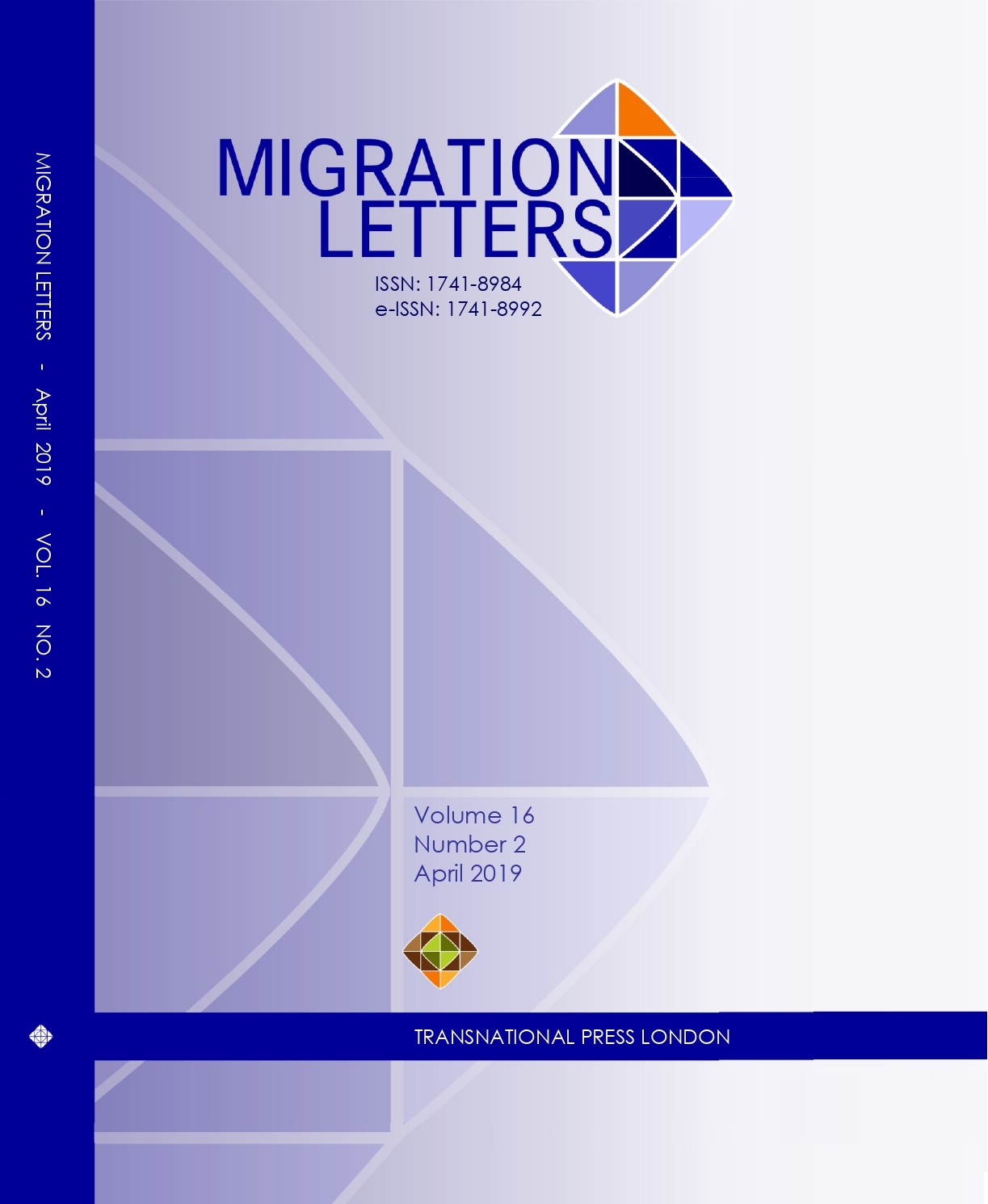Universalist Rights and Particularist Duties: The Case of Refugees
Universalist Rights and Particularist Duties: The Case of Refugees
Author(s): Per BauhnSubject(s): Human Rights and Humanitarian Law, Migration Studies, Peace and Conflict Studies
Published by: Transnational Press London
Keywords: refugees; ethical universalism; ethical particularism; comparable cost; fair share;
Summary/Abstract: The conflict between refugees’ human right to be admitted to a safe country and the right of states to exercise sovereign control of their borders, including the right to deny refugees entry, can be understood in terms of a normative conflict between two ethical systems, namely those of ethical universalism and ethical particularism. Here it is suggested that this conflict can be resolved by combining a universalist comparable cost argument with a particularist fair share argument. The comparable cost argument affirms that a state receiving refugees should allow at least the most basic rights of refugees to override less important rights of its own citizens. The fair share argument modifies the comparable cost argument by affirming that no state is morally obligated to sacrifice any of its citizens’ rights for the sake of protecting a larger share of refugees than what is fair, given its resources.
Journal: Migration Letters
- Issue Year: 16/2019
- Issue No: 2
- Page Range: 145-153
- Page Count: 9
- Language: English

